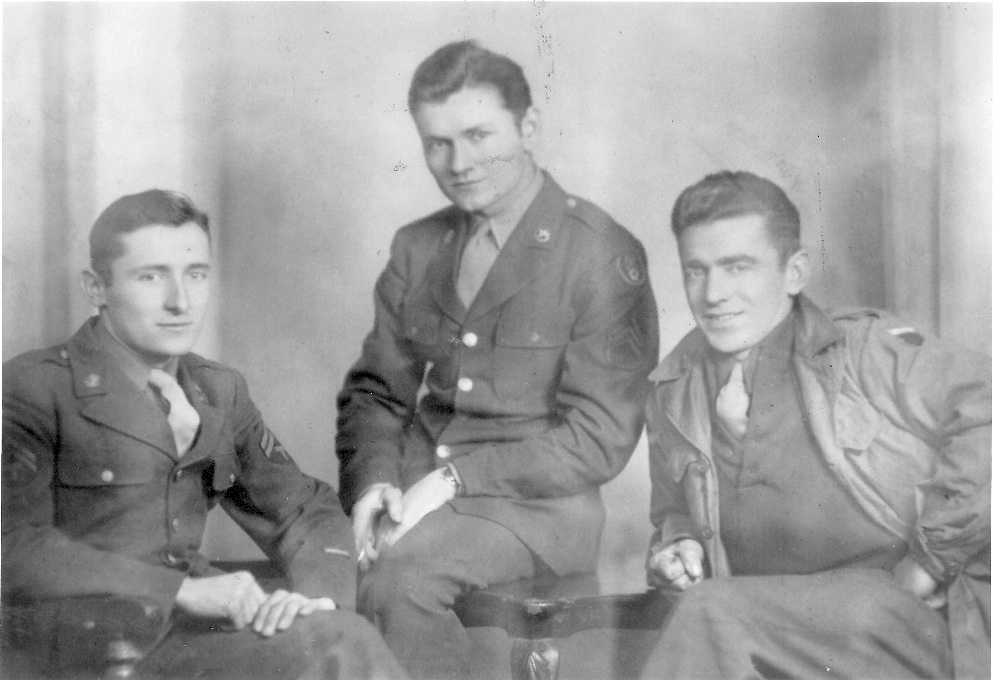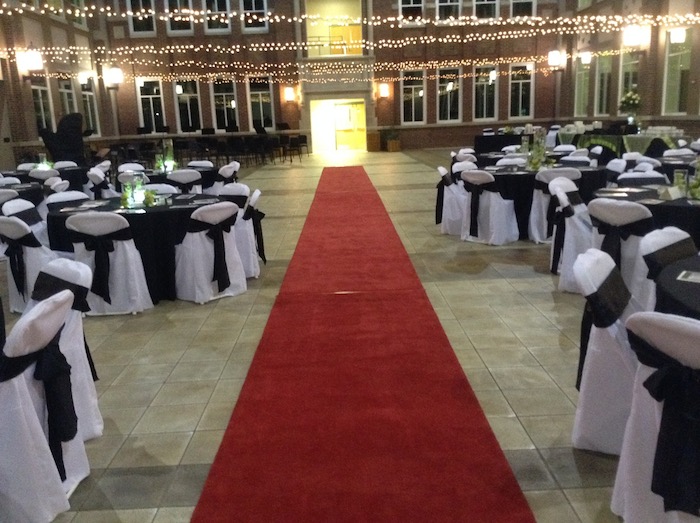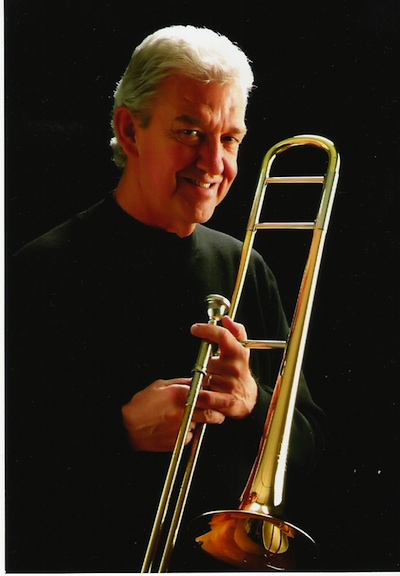It wasn't in her obituary
November 11, 2014 • 16 Comments • Posted in careers/jobs for people who are blind, guest blog, memoir writing, UncategorizedDoretha was a soft-spoken woman with a velvety tenor voice. When she first introduced herself to our downtown Chicago memoir-writing class, she came right out and explained why she’d signed up. “My therapist told me to come.”
We didn’t hear another word from Doretha for four or five weeks. She came to class, but she just wanted to listen. Audrey Mitchell, a fellow writer, eventually took Doretha aside, talked with her one-on-one, encouraged her to give writing a try. Doretha returned the next week with a piece that left us speechless.
Doretha continued writing and reading for years and established friendships in class — you really come to know a person after hearing their stories week after week. We were all heartbroken last week when we heard Doretha had died. Audrey represented us all at Doretha’s funeral, and when she sent me her notes for the talk she gave, I asked if I could share them with you blog readers. Here they are.

The Wednesday writing class at a party a few years back. Doretha is at my right in the red sweater, and Audrey is behind Doretha, wearing a blue top.
Good Afternoon. My name Is Audrey Mitchell. Doretha and I shared something very important to both of us. We both belong to a memoir writing group called “Me, Myself and I: Turning Memories into Memoirs.” Our leader, Beth Finke, myself and all of the members of the writing group send our compassion and condolences to the family. We want you to know that we all have the highest esteem for Doretha.
We are a group of senior citizens that write stories about our lives for ourselves and our families. In our class, we share stories with each other by reading them out loud.
When Doretha first joined the group, she was very quiet. She only listened and did not read during first few sessions. As a new member, we wondered if she had anything to say. Finally Doretha decided to read her stories to the class and “boy” did she have something to say.
Doretha was a prolific writer. She was clear and concise in her words, sentences and phrases. When Doretha read, every one listened. She captivated the class of 16 or so senior citizens with her stories.
There are two ladies in class who have hearing difficulties and when Doretha read, they would move closer to where Doretha sat so they could hear every word she had to say. They did not want to miss anything…nor did any of the other class members.
She read her stories in way that enticed you into listening. She shared the times in her life that were challenging and as you listened to her read you could feel the pain she went through. But as she continued to read, we also knew that she fought hard to overcome those hardships to become the woman she was. She would also write about the better times in her life.
Doretha always said that writing was very therapeutic for her. She wrote to share her life events with her family and others to show life is not always grand but if you worked hard at it as she did, you can make it better.
Gregory, you and family have been given a wonderful gift from Doretha. She put her stories down on paper for you because she wanted you to know where she came from, what she went through and how she survived. As you read what she wrote in her memoirs, it will give you a very true and thoughtful picture of Doretha, your beloved mother.
May God Bless You and Your Family.
Back to me. Audrey doesn’t like to drive much anymore, but she got behind the wheel to drive to Doretha’s funeral. “I’m glad I did,” she told me later. “People there didn’t even know Doretha was a writer — it wasn’t in her obituary.”
Audrey was the ideal person to give that tribute Saturday — Doretha might never have written a word if Audrey hadn’t encouraged her. And we’d all be the lesser for it.


